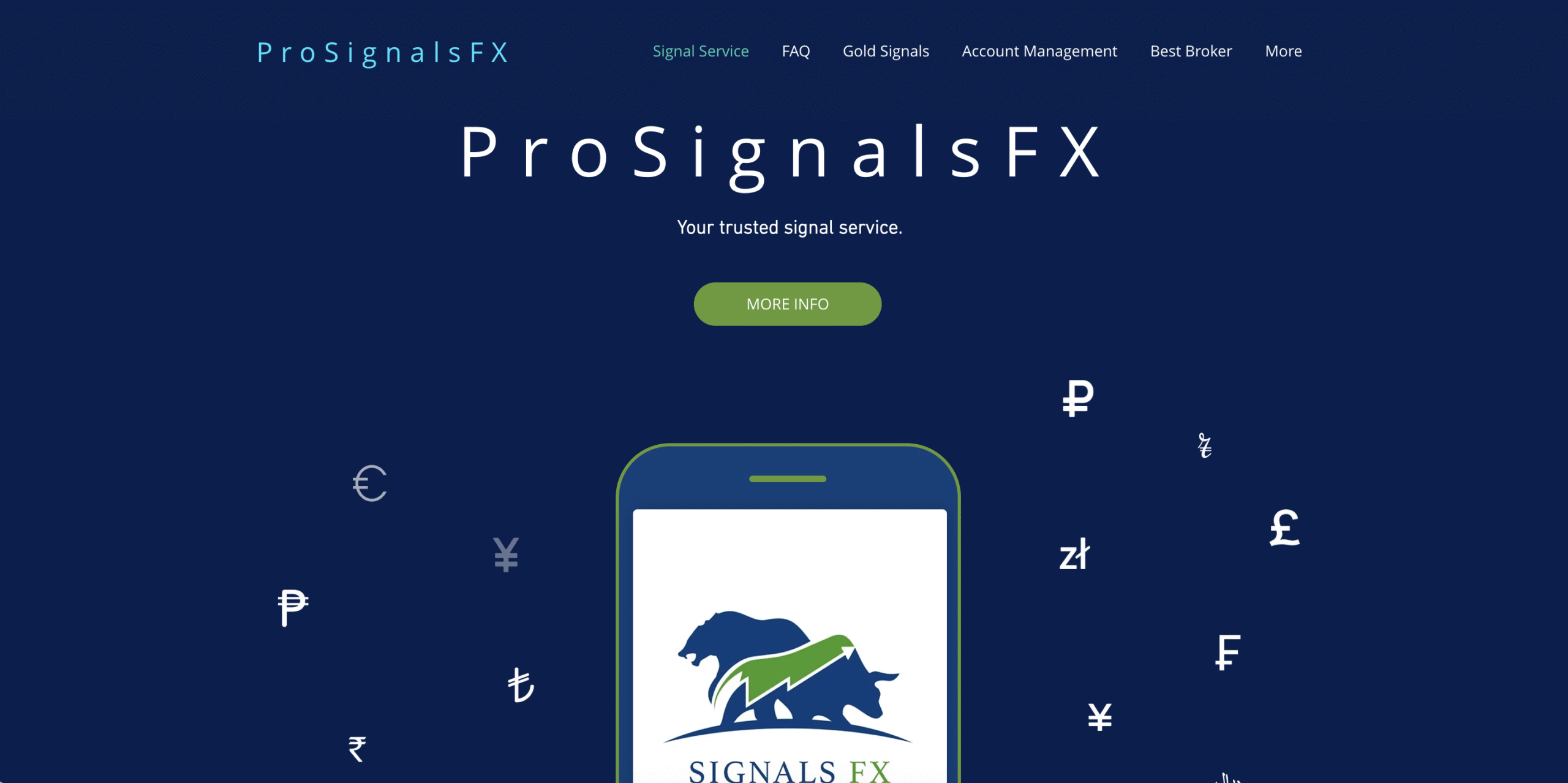Over the past few years, prop trading firms have exploded in popularity. Their promise is seductive: prove your skill, trade with firm capital, and share the profits. For many retail traders with limited funds, these programs seem like the perfect shortcut to financial independence.
But beneath the marketing gloss, not every prop firm is built on fairness or transparency. One name that keeps resurfacing in trading communities for all the wrong reasons is Thefundedtraderprogram.com (TFT). What began as a seemingly legitimate opportunity has now become one of the most criticized names in the funded trading world.
This post isn’t just another rant — it’s a clear consumer warning to anyone considering spending their hard-earned money on this company.
The Appeal: Why So Many Traders Signed Up
Thefundedtraderprogram.com markets itself as a gateway to big-league trading without needing a large personal account. The structure looks simple on paper:
-
You pay a “challenge fee.” This gives you access to a simulated trading account where you must meet certain profit targets while following specific rules.
-
You pass the challenge. If you succeed, you supposedly receive a “funded account” with real capital to trade on behalf of the company.
-
You earn profits and get a payout. The company keeps a portion of your profits as its share.
At first glance, it sounds fair. The company takes no risk upfront, and the trader proves their skill. For many traders, the entry cost — usually a few hundred dollars — feels like a small price to pay for a chance at managing tens or hundreds of thousands in virtual capital.
TFT’s website and social media presence reinforce the dream: flashy graphics, trader leaderboards, success stories, and screenshots of huge payouts. They brand themselves as a community-driven firm that helps “fund the next generation of traders.”
Unfortunately, for thousands of participants, that dream has ended in frustration, loss, and unanswered emails.
When the Shine Wore Off
Not long after Thefundedtraderprogram.com gained popularity, negative stories started flooding forums, review platforms, and trading groups. Traders began sharing eerily similar experiences:
-
Accounts suddenly disappearing after making profits
-
Payout requests ignored or indefinitely delayed
-
New trading rules appearing without warning
-
Support tickets going unanswered for weeks
-
Website and platform changes that locked users out entirely
The more traders spoke up, the clearer a pattern became.
Thefundedtraderprogram.comwas not functioning like a legitimate prop firm — it was operating like a fee machine, collecting money from hopeful traders and providing little in return.
The Core Problem: A Broken Business Model
At the heart of the Thefundedtraderprogram.com controversy is a business model that relies heavily on challenge fees rather than actual trading profits.
Here’s how it typically works:
-
Thousands of traders pay to take a challenge.
-
Most traders fail due to strict or unrealistic trading rules.
-
Those who pass are few — and become liabilities if they’re owed payouts.
-
Instead of paying successful traders, the firm delays, blocks, or finds rule violations to deny payouts.
In essence, the company profits whether traders win or lose. This creates an obvious conflict of interest: if paying traders cuts into profits, the company has every incentive not to pay.
Some traders even noticed that payout issues often appeared right after they earned significant profits — almost as if success triggered account problems.
The Rule Trap
Thefundedtraderprogram.com’s ruleset is one of the biggest complaints.
Like most prop firms, they have limits on maximum daily loss, overall drawdown, and minimum trading days. But traders report that these rules change frequently, and in some cases, are enforced retroactively.
Imagine passing every challenge requirement, then being told that your trades violated a “new rule” that didn’t exist when you started. This kind of shifting standard has caused many traders to lose funded status or have payouts canceled without explanation.
Even more concerning, some users have said thatThefundedtraderprogram.com’s support team refers them to “updated terms and conditions” that were modified after their challenge began.
That’s not just unfair — it’s deceptive.
Platform Chaos and Lockouts
Another recurring complaint involvesThefundedtraderprogram.coms trading platforms and account management systems.
Over time, the company has switched platforms and broker partners multiple times. Each migration brought new headaches for users: lost login credentials, missing trades, locked accounts, and vanished account balances.
For traders who were mid-challenge or awaiting payouts, these disruptions effectively ended their participation. Many describe being unable to log back in for weeks — and when they finally could, their accounts were reset or marked inactive.
Some traders have even speculated that these “platform migrations” conveniently coincide with payout backlogs, suggesting they might be used as a stalling tactic.
Silence and Excuses
Perhaps the most frustrating part of dealing with Thefundedtraderprogram.com, according to users, is the lack of communication.
Support tickets often go unanswered for weeks. Automated responses assure traders that their requests are being reviewed, but there’s rarely follow-up. In many cases, accounts are terminated without any written explanation.
On community forums, TFT representatives occasionally appear to promise improvements — but those promises tend to vanish as quickly as the accounts of unpaid traders.
As complaints piled up, many traders realized that their chances of recovering their fees or profits were slim to none.
Why It’s So Hard to Hold Them Accountable
Unlike regulated brokers, most prop trading firms — including Thefundedtraderprogram.com — are not subject to financial oversight. They operate in a legal gray area.
Because traders technically trade on simulated accounts, the firm can claim it’s offering an “educational service” rather than financial investment. That means traders often have little legal recourse when problems arise.
If a traditional broker failed to pay out profits or blocked account access, regulators could intervene. But in the prop firm world, traders are largely on their own.
This lack of accountability allows questionable operators to profit freely from challenge fees while avoiding consequences for unethical practices.
The Human Cost Behind the Screens
For many traders, the money spent on Thefundedtraderprogram.comchallenges isn’t just pocket change. It’s the result of months of saving, a side income meant to grow into something bigger.
Stories from affected users paint a picture of emotional exhaustion:
-
Traders staying up all night to hit profit targets, only to see their accounts deleted.
-
Beginners investing their last few hundred dollars, believing this was their break into professional trading.
-
Experienced traders wasting time and effort building track records that were never acknowledged.
Beyond the financial loss, there’s a deep sense of betrayal. The promise of empowerment through trading — learning, improving, and earning — is replaced by distrust and cynicism.
Comparing Thefundedtraderprogram.com with Legitimate Prop Firms
It’s important to note that not all prop trading firms are scams. There are reputable companies that operate transparently and pay their traders reliably.
The difference often comes down to structure and accountability:
| Feature | Legitimate Prop Firms | Questionable Firms (like TFT) |
|---|---|---|
| Payout History | Verified, consistent, and prompt | Frequent complaints of delayed or denied payments |
| Rule Transparency | Clear and rarely changed | Constantly shifting or vague |
| Customer Support | Responsive and professional | Slow, unhelpful, or nonexistent |
| Revenue Model | Profits from trader performance | Profits mainly from challenge fees |
| Reputation | Strong community backing | Flood of negative reviews and warnings |
A legitimate prop firm understands that traders are partners, not customers to be exploited. They celebrate payouts because trader success strengthens their brand.
TFT, on the other hand, seems to treat traders as disposable revenue sources.
The Bigger Picture: Prop Firm Hype and Reality
The rise of online prop firms has created a double-edged sword for retail traders. On one hand, they’ve opened the door for talented individuals who can’t afford large accounts. On the other, they’ve also opened the door for exploitation.
With minimal regulation and massive marketing reach, it’s easy for slick-looking firms to appear legitimate. Paid reviews, influencer sponsorships, and social media hype make it hard for newcomers to spot red flags.
This environment allows companies likeThefundedtraderprogram.com to thrive — at least temporarily — until enough traders speak out.
Lessons for Aspiring Traders
If you’re considering joining a prop firm, here are some hard-learned lessons from Thefundedtraderprogram.com’s fallout:
1. Treat Challenge Fees as Non-Refundable
If a company’s primary income is from selling challenges, assume the worst. Pay only what you’re prepared to lose.
2. Research Beyond the Website
Company websites are marketing tools. Check independent communities, trading forums, and user discussions before paying.
3. Verify Payout Proof
Don’t rely on screenshots or testimonials provided by the firm. Look for verified traders who publicly share their payout histories and can confirm receipt.
4. Test Support Responsiveness
Before paying, contact customer service with a few detailed questions. If they take days to reply — or send generic answers — that’s a sign of how they’ll treat you later.
5. Read the Terms Carefully
Many prop firms bury unfair conditions in their fine print. Pay attention to clauses about account termination, rule changes, and payout eligibility.
6. Avoid Hype-Based Decisions
Social media influencers are often paid to promote these firms. A flashy YouTube thumbnail or discount code doesn’t mean the company is trustworthy.
What Thefundedtraderprogram.com’s Story Teaches the Trading Community
The downfall of Thefundedtraderprogram.com’s reputation serves as a wake-up call for the retail trading world. It shows how easily ambition can be exploited by clever marketing and a lack of oversight.
The idea of funded trading is not inherently bad — in fact, when done right, it’s empowering. But TFT’s collapse into controversy proves that trust cannot be built on slogans and screenshots.
Every trader, especially beginners, must understand that trading is already hard enough. When the platform you’re using becomes an additional obstacle instead of a partner, the game becomes unwinnable.
A Final Word of Caution
Thefundedtraderprogram.com began with the promise of opportunity. Today, it stands as a cautionary tale of what happens when profit motives overpower integrity.
For those still considering signing up: think carefully. If a firm’s reputation is built more on marketing than on verified trader success, you’re not joining a trading community — you’re stepping into a fee collection system.
Your trading journey deserves better than that. Take the time to research, verify, and choose a firm that values your skill, not just your payment.
Report Thefundedtraderprogram.com Scam and Recover Your Funds
If you have lost money to Thefundedtraderprogram.com, it’s important to take action immediately. Report the scam to LOSTFUNDSRECOBERY.COM, a trusted platform that assists victims in recovering their stolen funds. The sooner you act, the better your chances of reclaiming your money and holding these fraudsters accountable.
Scam brokers like Thefundedtraderprogram.com continue to target unsuspecting investors. Stay informed, avoid unregulated platforms, and report scams to protect yourself and others from financial fraud. Read More reviews at Scams2Avoid



